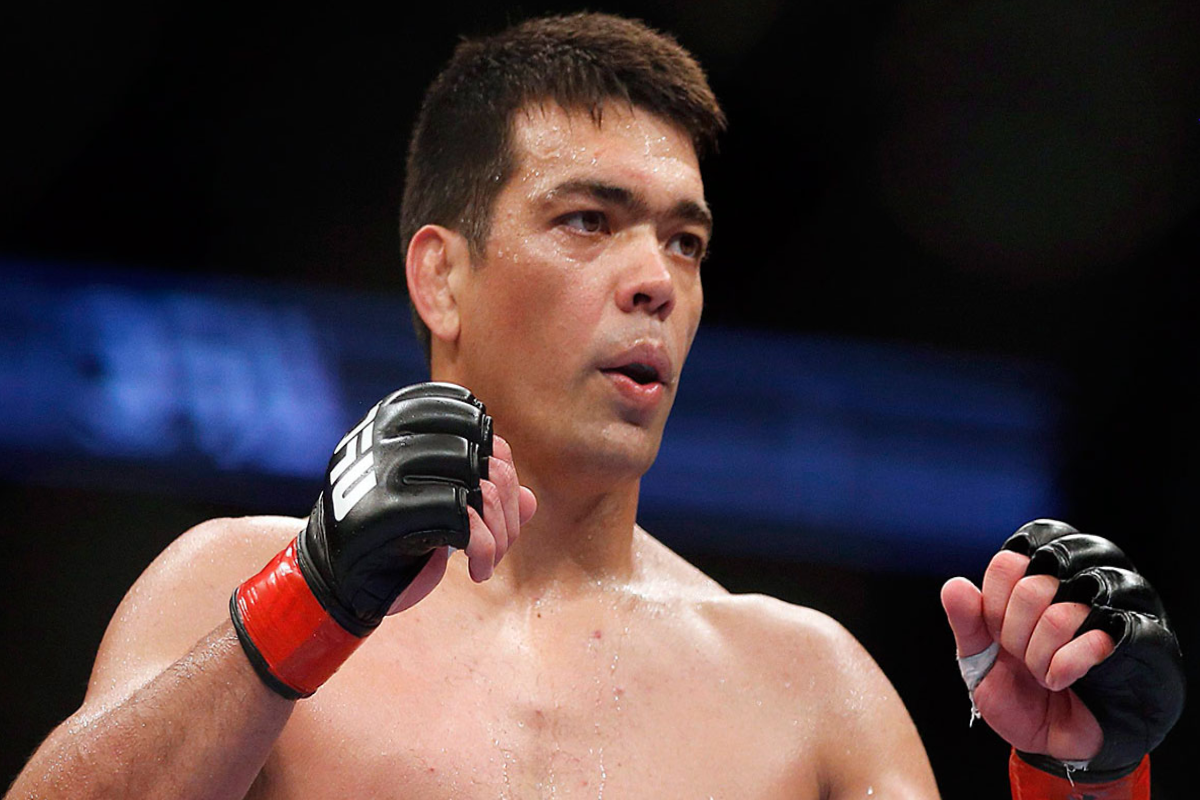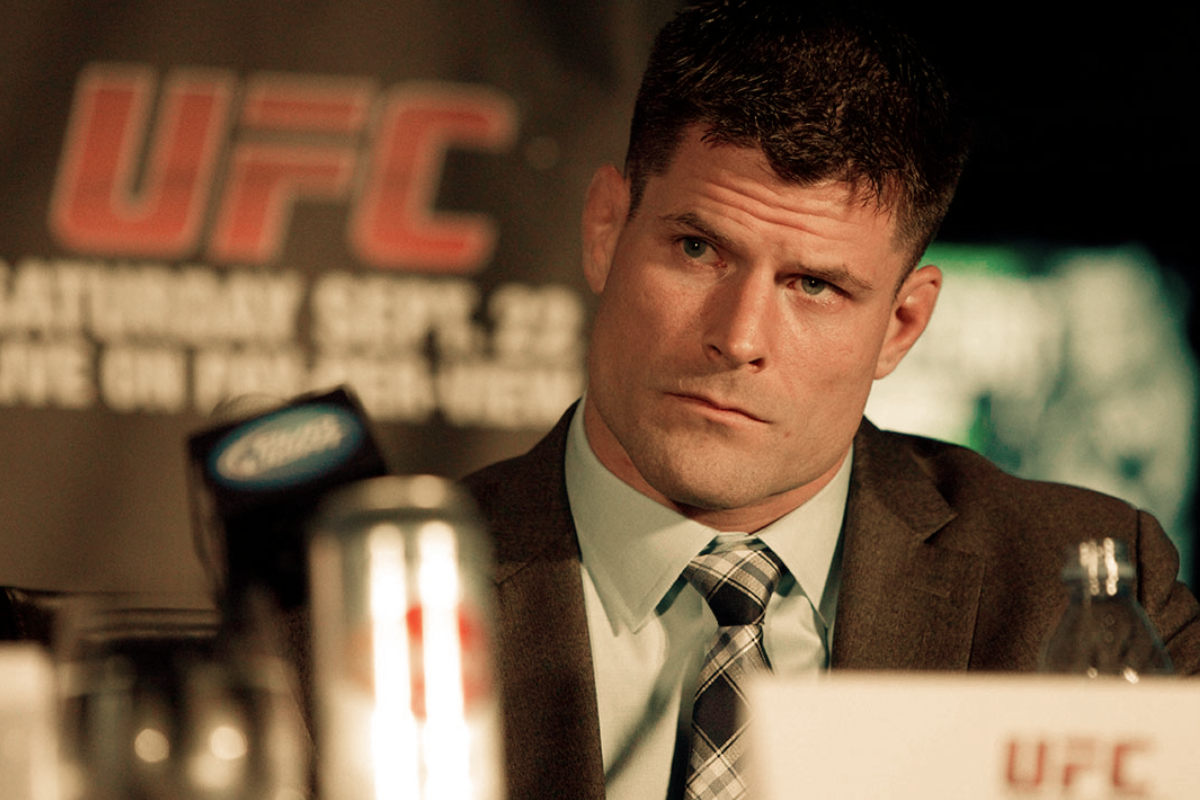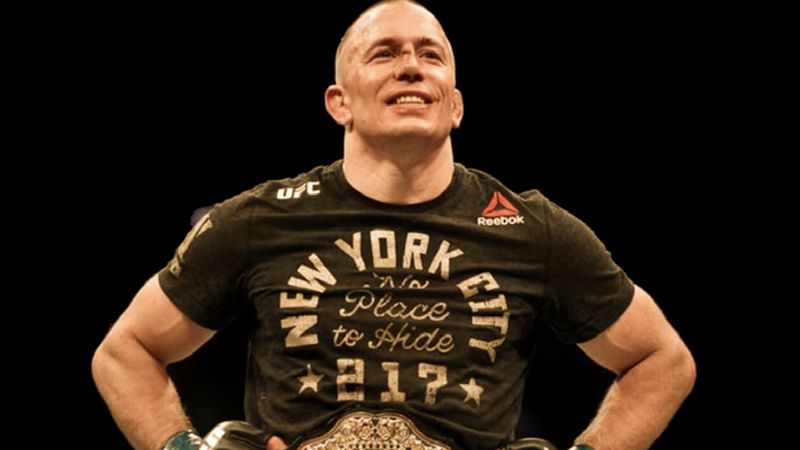The field of martial arts places a premium on self-discipline and physical strength as two of the most important factors that contribute to success. On the other hand, an increasing number of martial artists are demonstrating that a college degree can also be an extremely valuable asset in the ring. These “educated fighters” have earned degrees from institutions in subjects ranging from psychology to engineering, and they are putting their education to use to improve both their fighting abilities and their chances of finding employment.
Although it may seem counterintuitive at first, an increasing number of people are choosing to pursue their higher education while still competing in combat sports. They most likely also get their essay paper done online by buying on a safe site where students can buy essays for college. As more and more combat athletes go to college to acquire skills and earn degrees, they are disproving common notions about what it means to be a martial artist and making new doors of opportunity accessible to them both inside and outside of the ring.
In this piece, we will go into the world of educated fighters and discuss the merits and drawbacks of attending college while simultaneously honing one’s skills as a martial artist to compete at the highest levels. We are going to look at some examples of successful boxers who have also received degrees from colleges or universities.

How a College Education Can Benefit Martial Arts Fighters Both in and Out of the Ring
- A strong foundation
Receiving a degree from an accredited college or university can provide martial artists with a solid grounding in a variety of academic disciplines, such as science or psychology, which can improve their comprehension of the arts they practice. For instance, a fighter who has a degree in sports science may have a more in-depth understanding of how the body works during periods of intense physical activity.
- Development of valuable skills
A college degree can assist fighters in acquiring useful abilities like communication and problem-solving that can be used both in and out of the ring. For instance, a fighter who has refined their public speaking skills in their communications courses may be better able to advertise themselves and their brand.
- Broader perspective
Getting a college education can provide fighters with a more well-rounded view of the world, which can assist them in better comprehending and appreciating the myriad of other cultures, histories, and ways of thinking that exist in the globe today. This can be of utmost significance in the practice of martial arts, which frequently involve rituals and strategies that have evolved over centuries in a variety of locations all over the world.
How a College Degree Can Help Fighters to Develop Their Mental and Physical Abilities, as Well as Their Career Prospects
- Improved critical thinking
A college education can be beneficial for a fighter’s mental development because it can improve their critical thinking, problem-solving, and decision-making skills. These talents can be employed in training as well as in competition, enabling fighters to better study and understand the fighting styles of their opponents as well as develop new strategies and approaches.
In addition, fighters who pursue higher education have the option to study a variety of fields that may prove helpful in the practice of martial arts. These fields include sports science, psychology, philosophy, and sociology, to name a few. Fighters can obtain a more in-depth awareness of their own physical and mental capabilities, as well as learn how to better regulate their mental and emotional states amid high-pressure circumstances, by participating in activities such as these.
- More knowledge
A college degree can help fighters become better athletes by providing them with knowledge and abilities related to fitness, nutrition, and injury prevention. This can be beneficial for fighters in terms of both their mental and physical development. A college degree can also assist fighters to develop alternative physical talents in areas like as yoga, dance, or weightlifting, which can increase their general athleticism and flexibility. This can be a significant benefit to the fighter.
- Versatility
A college degree offers fighters opportunities for employment in fields other than combat, in addition to the obvious benefits of increased mental and physical growth. Although certain fighters may be able to make a living exclusively from their fighting career, others may find that they need to explore additional professional options to supplement their income.
Fight athletes may be able to advance their careers in areas including coaching, sports medicine, sports journalism, sports marketing, and sports management with a degree from an accredited college or university. A college degree can also help fighters stand out in a competitive job market by giving them a unique selling point and a competitive edge. This is because having a college degree provides fighters with a distinct marketing point.

Educated Fighters Who Have College Degrees
When we refer to “educated fighters,” we mean martial artists who have also received higher education, such as a college degree, in addition to their martial arts training. These people have combined their intellectual and athletic interests, demonstrating that it is possible to achieve success in both fields.
Some well-known martial artists also hold college degrees. These are a few:
- George St. Pierre
St-Pierre is regarded as one of the best mixed martial artists of all time and was a former two-division UFC champion. He graduated from the Université of Quebec in Montreal with a degree in kinesiology.
- Askren Ben
Askren, a former Bellator and ONE Championship champion, and former professional MMA fighter, is well-known for his wrestling skills. He graduated from the University of Missouri with a sociology degree.
- Lyoto Machida
Machida, a former light heavyweight champion in the UFC, is well-known for his karate-inspired fighting techniques. He graduated from Brazil’s Mackenzie Presbyterian University with a degree in physical education.
- Frankie Edgar
Edgar, a former lightweight champion in the UFC, excels at both boxing and wrestling. He graduated from the Clarion University of Pennsylvania with a political science degree.
- Carla Esparza
Esparza, a former UFC strawweight champion and professional MMA fighter, holds a psychology degree from California State University, Fullerton.
- Brian Stann
Stann, a former WEC light heavyweight champion and retired MMA fighter, holds an economics degree from the US Naval Academy.
- Fitch Jon
Fitch, a former UFC welterweight contender, and retired professional MMA fighter holds a degree in physical education from Purdue University.
These people have demonstrated the advantages of pursuing both academic and athletic goals by proving that higher education and martial arts can coexist.
Conclusion
When combined, higher education and training in martial arts have the potential to produce a powerful synergy that is beneficial to combat athletes both inside and outside of the ring. Formal education can assist practitioners of martial arts in developing their mental and physical capabilities, in addition to broadening the range of professional options available to them beyond the ring.
In addition, obtaining a higher education can make it possible to pursue careers in a variety of sectors that are associated with sports, such as coaching, sports medicine, sports journalism, sports marketing, and sports management. A college degree can also help fighters stand out in a competitive job market and provide them with a unique selling point. This is because having a college degree can provide fighters with a distinct marketing point.

